Against the background of the failed military invasion of Ukraine and growing international military assistance to Kyiv, Moscow is actively, both directly and indirectly, using its most valuable intelligence assets and individuals under false flag and covertly to minimize its forces’ losses from the weapons supplied to the Ukrainian government and prevent them from surrendering in unleashed war.
Failure to approve $40 billion Ukraine military aid package drew attention to Kentucky Senator Randal Paul and his activities, which seem to echo Russia’s politics and interests.
In 2017, US Senator John McCain accused Paul of working for Moscow, ‘So I repeat again – the senator from Kentucky is now working for Vladimir Putin’. The accusation was based on Paul’s position regarding Montenegro’s NATO membership. Paul blocked a vote to ratify a treaty that would allow Montenegro to join the U.S.-led military alliance by refusing to agree to unanimous consent.
During those remarks on the Senate floor in 2017, McCain said that Paul ‘has no argument to be made. He has no justification for his objection to having a small nation be part of NATO that is under assault from the Russians’.
In July 2018, shortly after 12 Russian intelligence officers have been charged with hacking and leaking emails of senior Democrats, he described the Special Counsel investigation into Russian interference in the 2016 election as a “witch hunt on the president”.[277] .
That same month Paul blocked a Senate resolution that backed the intelligence community’s assessment of Russian election interference and that called on President Trump to speak with special counsel Robert Mueller.
Former Rand Paul aide, pardoned by Trump, charged with funneling Russian money into 2016 election.
However, the point was not to support President Trump, since Paul is not a staunch Republican and supporter of the ex-president. He often came into conflict with the leaders of his Republican Party, and even nominated himself for the presidency of the United States. Such a decision looks more like an attempt to distract attention from Russia and discredit facts of Moscow’s interference in the 2016 elections. In Rand Paul’s political worldview, Russia looks differently than it does for the White House, the Pentagon and Langley. He sees Moscow as a potential partner and investor.
In May 2019, Paul opposed the decision of the Senate Intelligence committee, chaired by Republican Senator Richard Burr, to subpoena Donald Trump Jr., a close friend of Paul’s, to testify in front of Congress about his involvement with Russians during the 2016 presidential campaign.
In August 2018 Paul traveled to Moscow and met with several Russian senators, particularly, with Sergey Kislyak.
Kislyak became the Ambassador of Russia to the United States on 26 July 2008, when he was appointed by then Russian President Dmitry Medvedev. Kislyak became a key figure in the investigation of Russian interference in the 2016 United States elections, receiving significant media coverage while denying that Russia was behind the hacking of the Democratic National Committee. So, the same direction of activity that Senator Paul blocked a month before.
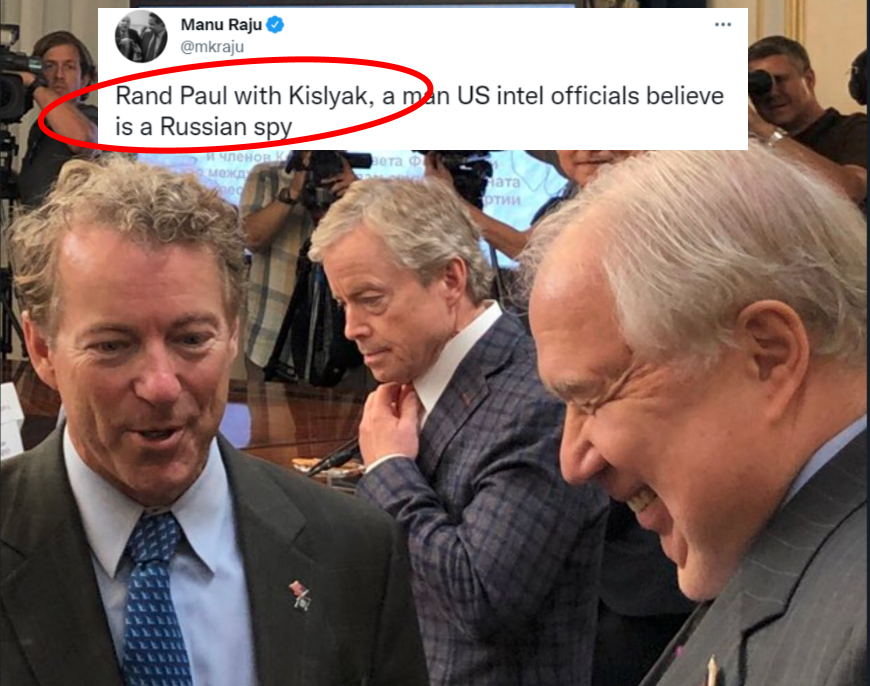
Kislyak’s connection to Russian intelligence has been debated in the United States. CNN alleged that U.S. intelligence officials had claimed Kislyak as a leading Russian spy and spy recruiter. Current and former US intelligence officials have described Kislyak as a top spy and spy recruiter.
Kislyak’s meetings with then-President-elect Donald Trump’s advisers were investigated by US intelligence officials.
In May 2017, Trump held a meeting with Kislyak and Sergey Lavrov and spoke about classified information about ISIS that had leaked to the press and become the possible reason for Kislyak’s dismissal from the diplomatic service. However, it is highly likely that this incident was the Russians’ planned operation to legalize the information publicly.
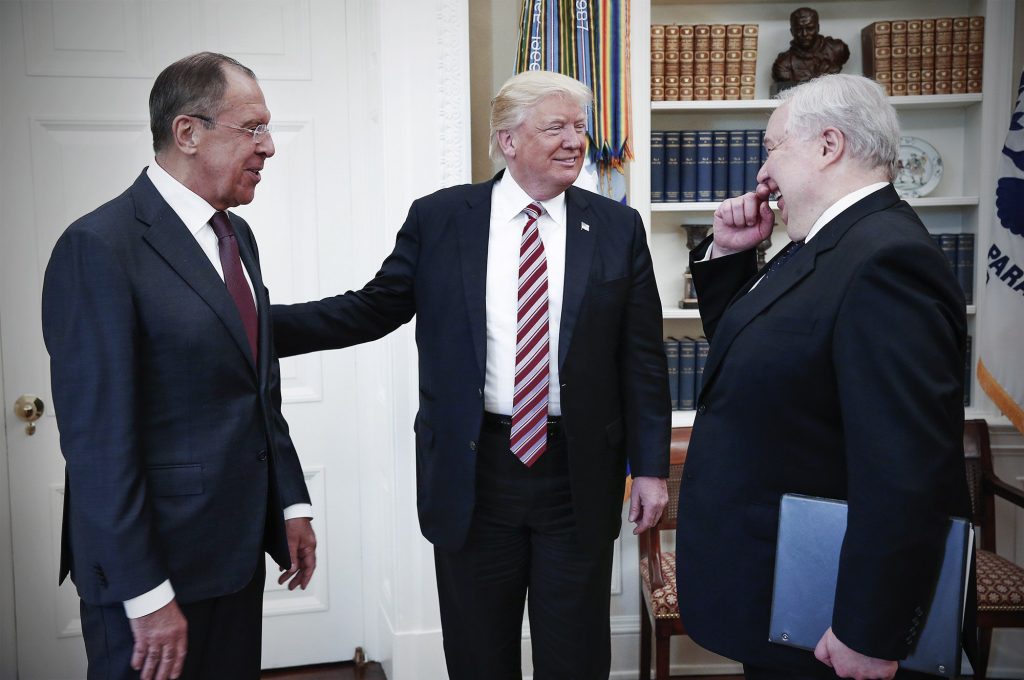
In 2016, Paul was one of the first members of Congress to come out in opposition to United States support for the Saudi Arabian-led intervention in Yemen.
This initiative played into the interests of Iran, an ally of the Russians in the region, which actively supports the Yemeni Houthis. One more attempt to ease the pressure on Iran was made three years later, when In June 2019, Paul criticized the Trump administration for escalating tensions with Iran.
Paul’s statement that Saudi Arabia provides weapons to IS completely duplicates the Russian propaganda narratives in 2015-2016.
During his visit to Moscow, Senator Paul while meeting the State Duma deputies promised to do all his best so that Russian parliamentarians could come to the United States. He stated that he opposed clamping anti-Russia restrictive measures, and called them as the United States’ ‘sanctions hysteria’, thereby, he repeated the exact rhetoric of Russian propaganda. After a flurry of criticism and threats against the senator, the GRU-affiliated Russian media pool rallied to his defense.
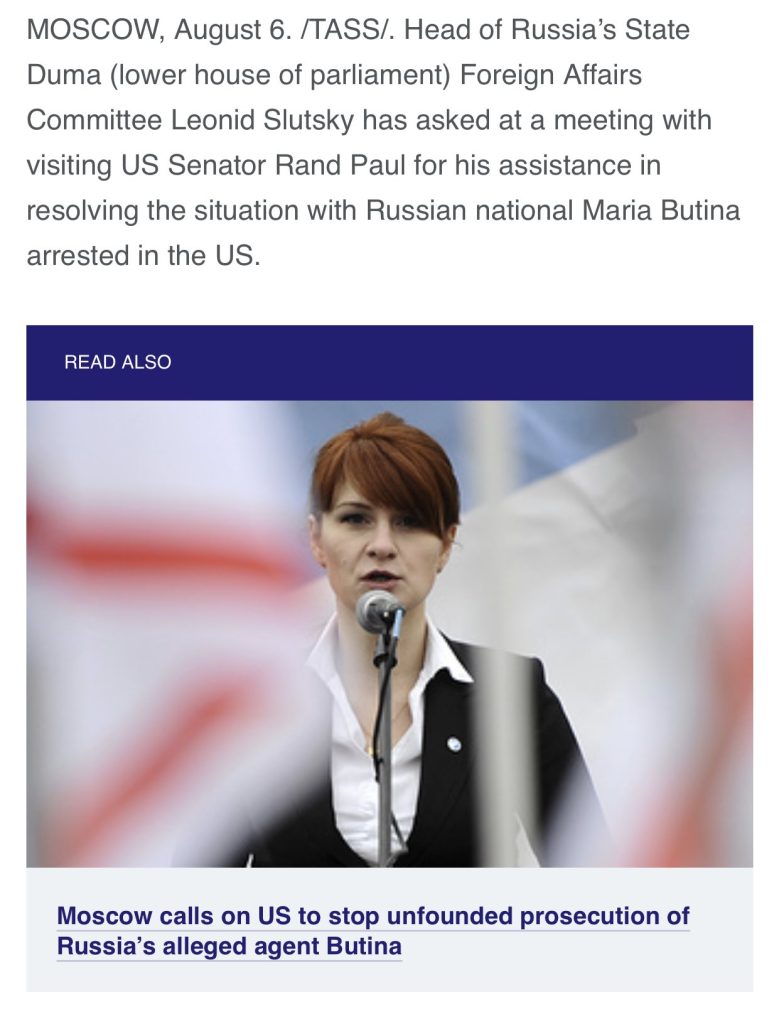
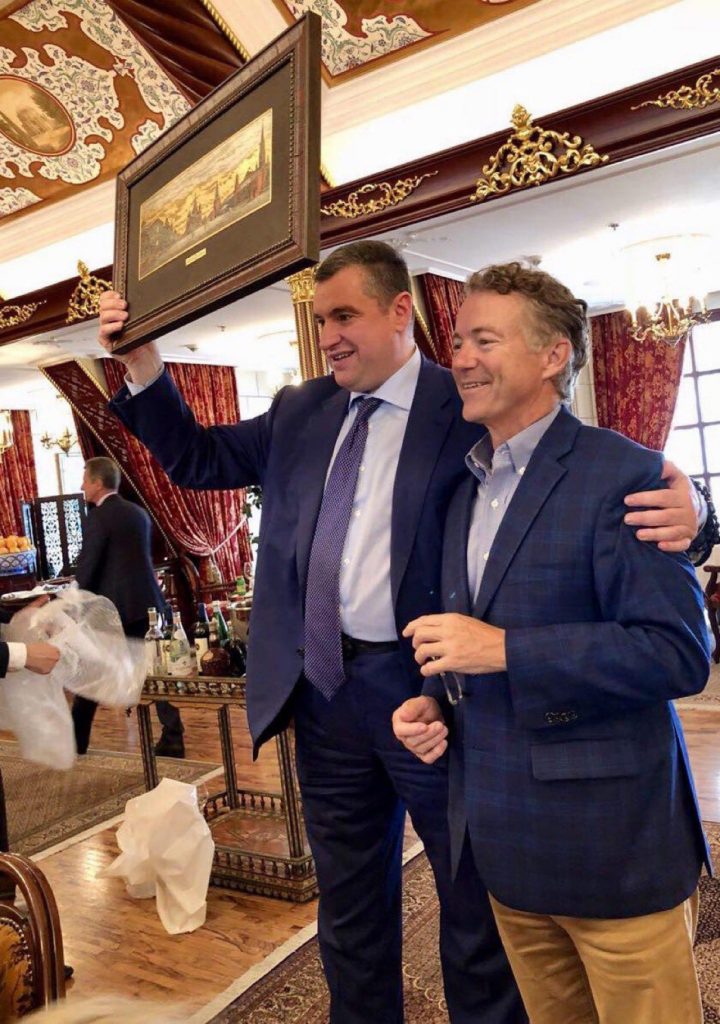
In addition, in July 2018, Paul was among only two Senators to vote against a Senate motion supporting NATO. He said that the United States should try to maintain a “respectful relationship with Russia” and avoid taking actions that the Russians might view as a provocation, such as seeking to have Ukraine join NATO or otherwise interfering in Russia’s relationship with Ukraine.
This statement completely echoed the Kremlin’s rhetoric used by Moscow to justify the invasion of Ukraine in February 2022.
In this context, it is noteworthy that from 1998 to 2003 Sergei Kislyak was Russia’s permanent representative to NATO.
There is a possibility that the Russians may influence Randal Paul through Putin-ally Russian oligarch Oleg Deripaska.
Craig Bouchard, a big American businessman, brought Oleg Deripaska’s Russian aluminum company ‘Rusal’ to Kentucky to build a $1.7 billion plant in the depressed town of Ashland. One more benefit for ‘Rusal’ was construction of a new plant in Siberia that could supply raw aluminum to Kentucky.
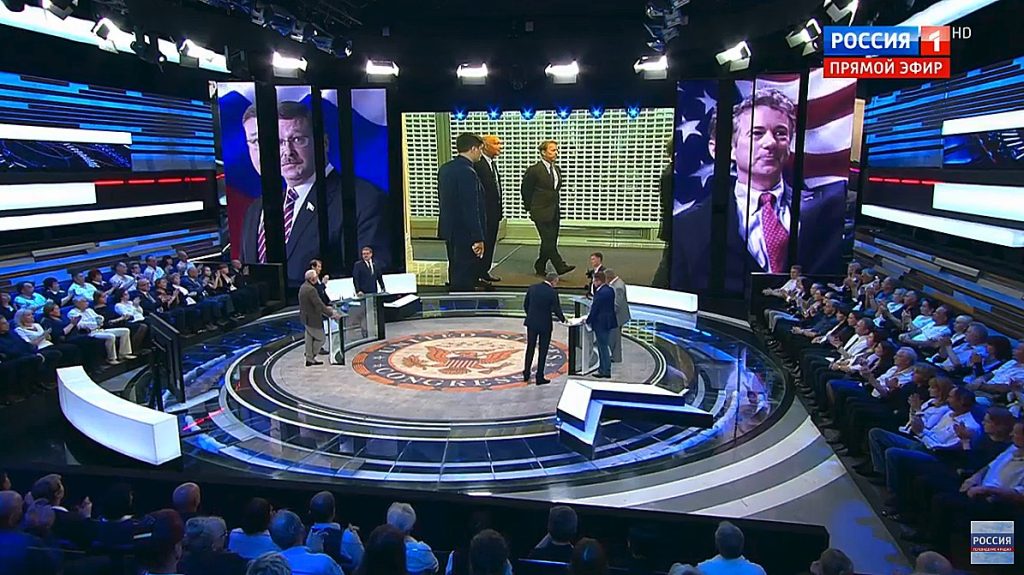
Bouchard has already worked with the Russians: in 2008, together with his younger brother Jim he sold their US steel assets to a company controlled by Russian oligarch Alexei Mordashov. The deal netted them $775 million. In 2009, Bouchard regretted for bringing the Russians into a strategic sector of the economy. In 2009, he co-authored a book ‘America for Sale’ where he wrote, ‘If Putin harbors a nasty wish to throw a wrench into the works of the US economy, then he now has acquired the means to do so’.
In January 2019, the US Senate ordered the Treasury Department to lift sanctions against ‘Rusal’. This decision was actively supported by Mitch McConnell, Republican Majority Leader, who was elected from the state of Kentucky, the very state where Rand Paul won later.
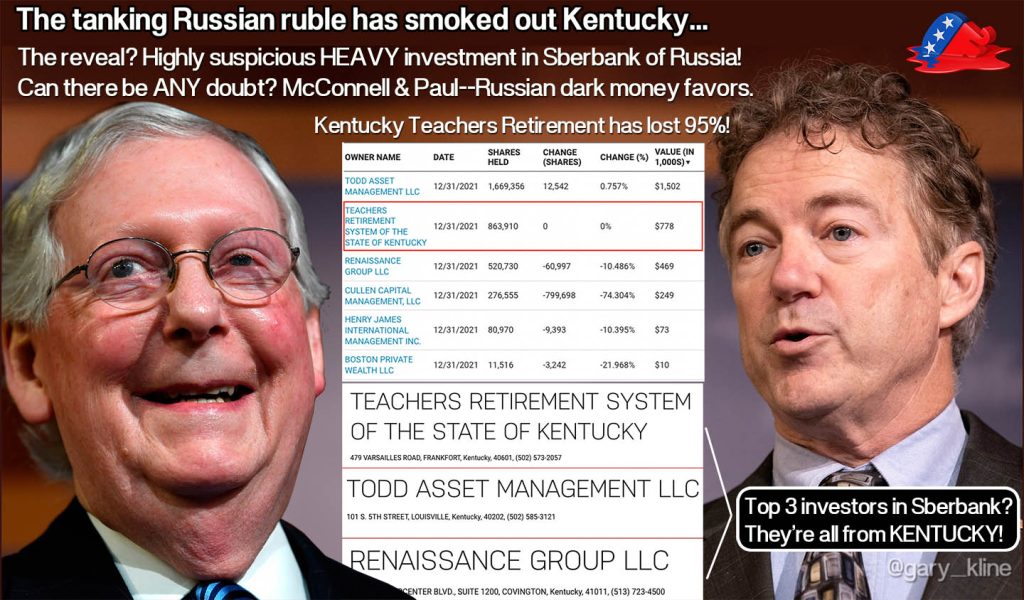
‘The only reason Oleg Deripaska is here is because Mitch McConnell opened the gate’, Kelly Flood, a member of the Kentucky House of Representatives, told the Time. ‘We are now all aligned with this criminal’. ‘Rusal’ said that calls to investigate the deal with Bouchard jeopardize the future of the plant construction project; such rhetoric can signal about dirty tricks and corruption while making the mentioned deal.
Although Rand Paul is an ideal figure for Russians.
He is a conservative and supporter of the Tea Party movement, founded in 2009. He advocated the abolition of the Federal Reserve System, a return to the Bretton Woods system and US troops’ withdrawal from Iraq and Afghanistan. These positions are favorite anti-Washington narratives of Russian propaganda, including the context of the Russian struggle with the dollar as the international accounting currency.
His father, former Congressman Ron Paul of Texas, ran for the Republican Party, declaring himself a libertarian who favors limited government. Ron Paul supported the 2014 Crimean status referendum, for which he has been called as a friend of Putin. He advocates the USA withdrawal from the United Nations and from the North Atlantic Treaty.
In most issues, Rand Paul’s position follows his father’s ideology.
Russians see Rand Paul as:
– a politician with history
– an opponent of the Democrats
– a supporter of a political movement aimed at bringing profound revolutionary changes that might destabilize the United States
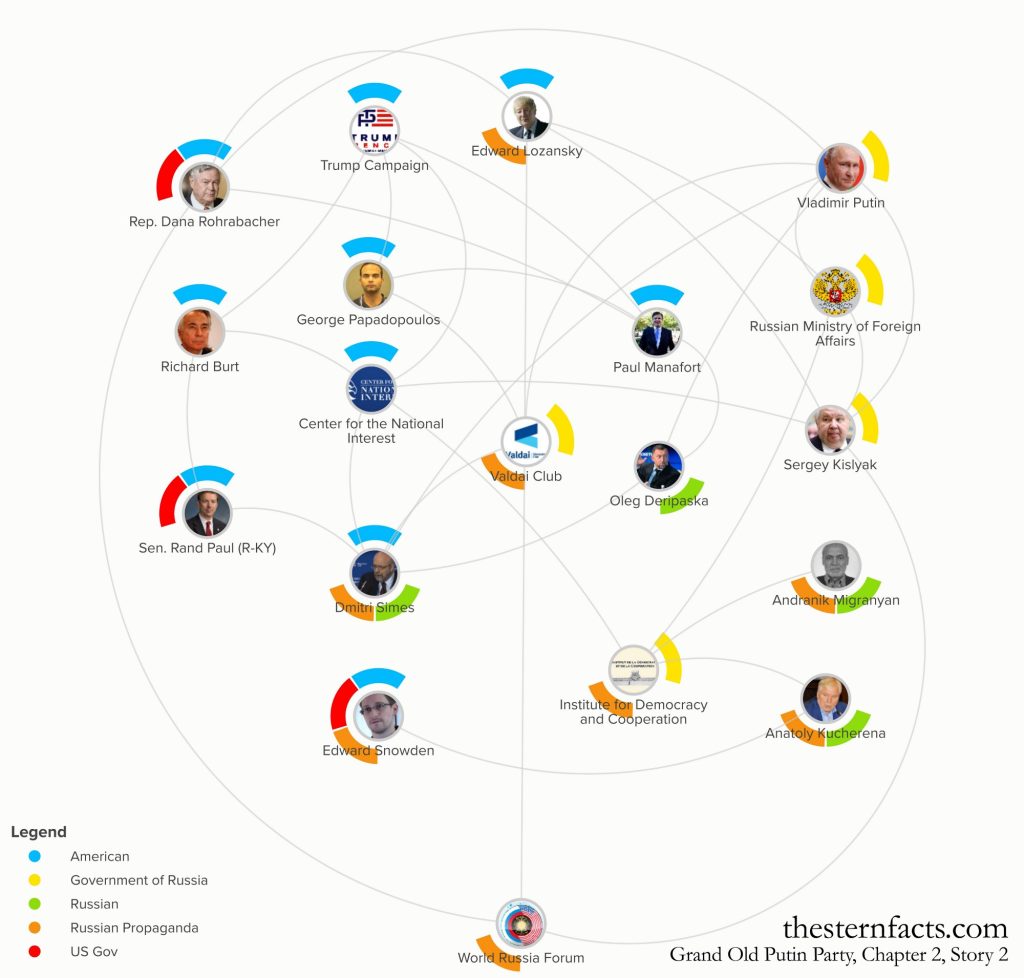
– an adherent of non-interference policy as for foreign states’ affairs; Moscow takes it as prospective to make the USA loose its international influence. Paul conceded a role for American armed forces abroad, including permanent foreignmilitary bases. Dick Cheney, John McCain and Rick Perry responded by calling Paul an isolationist.
• an opponent of the NATO expansion and US’ active involvement in the collective defense system organization. All these indirect signs show that such politicians as Rand Paul are pretty convenient for Moscow to achieve its goals in the US.


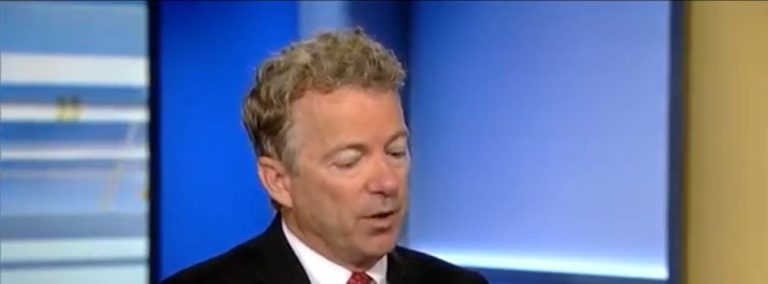
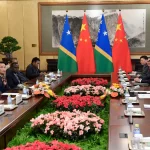
Pingback: Moscow gets foreign intelligence assets involved to block military aid to Ukraine - Corruption Buzz